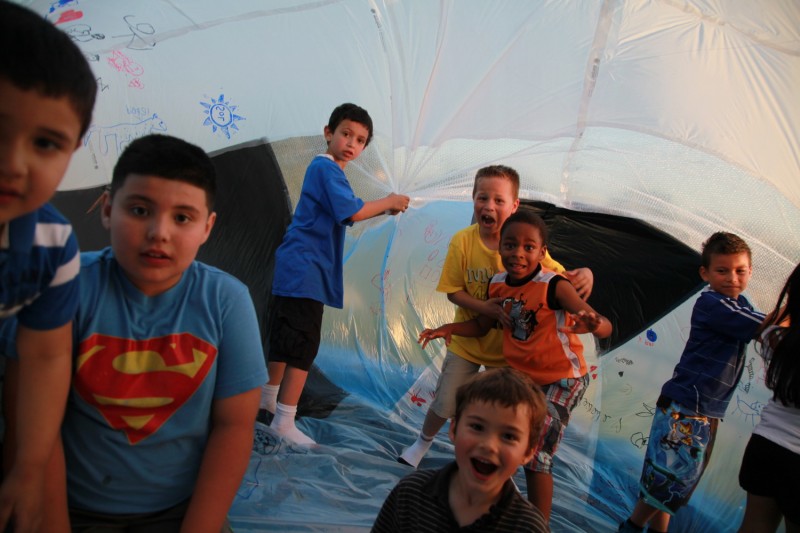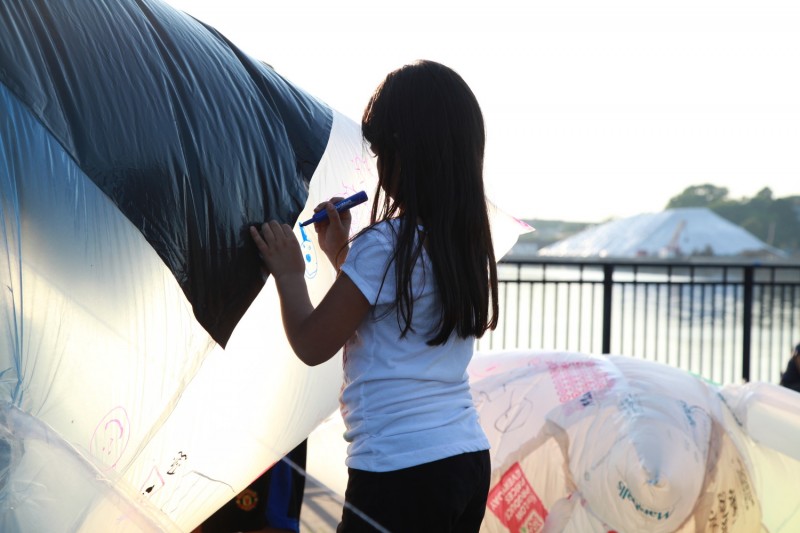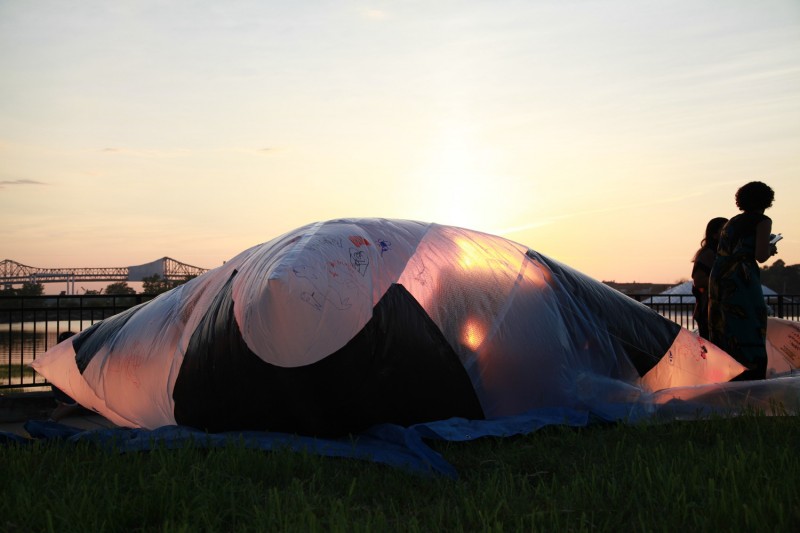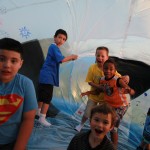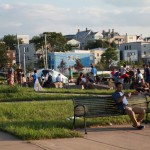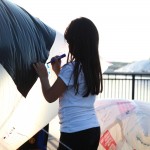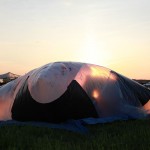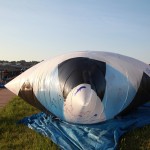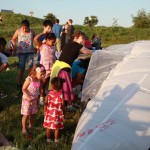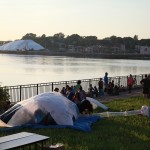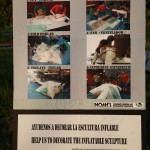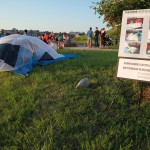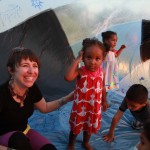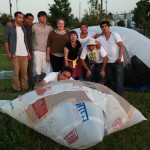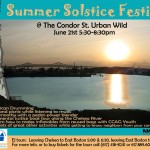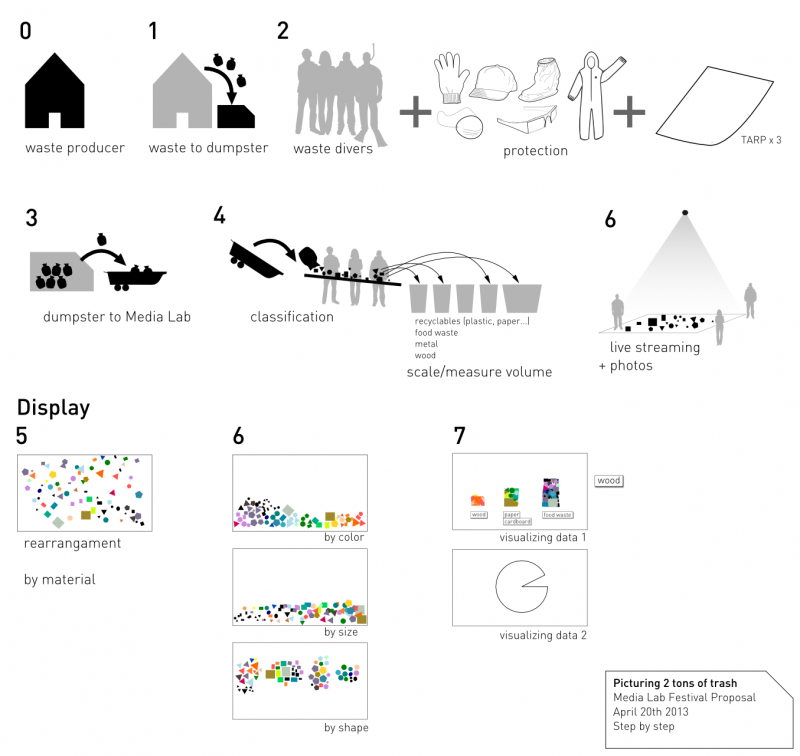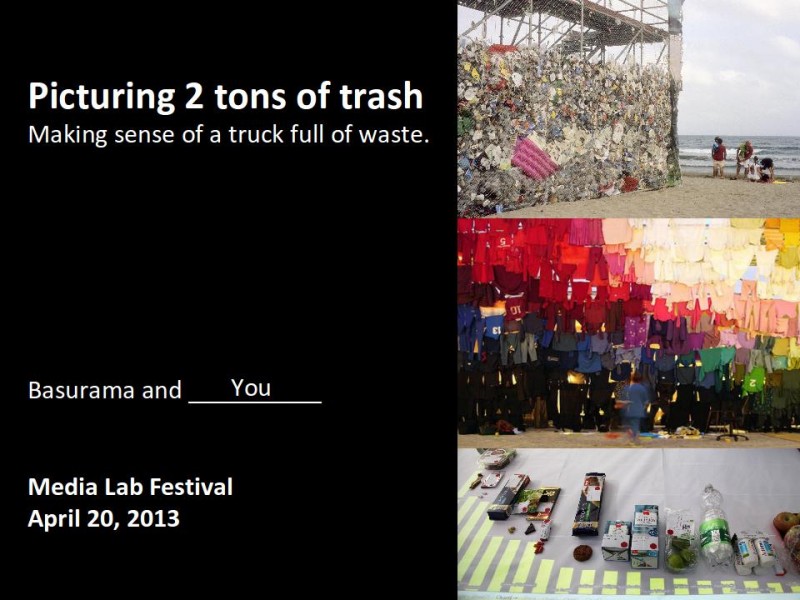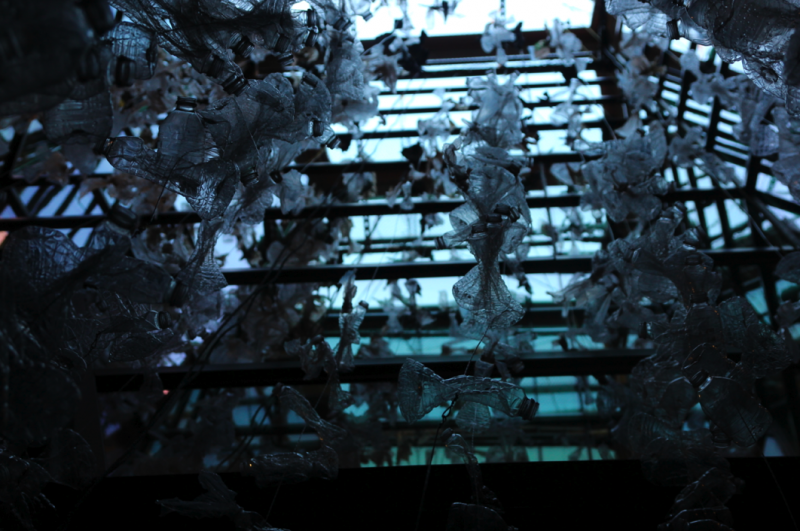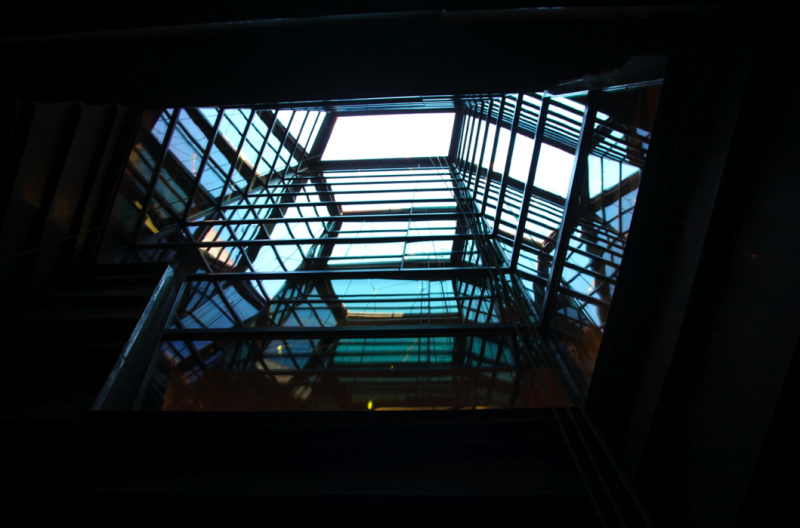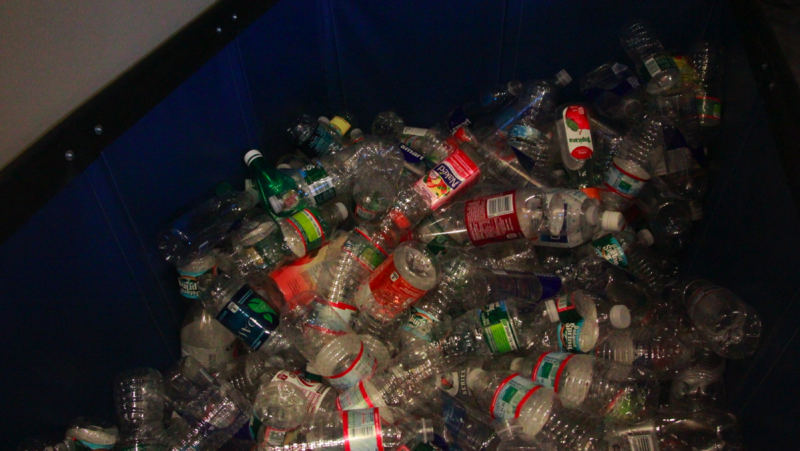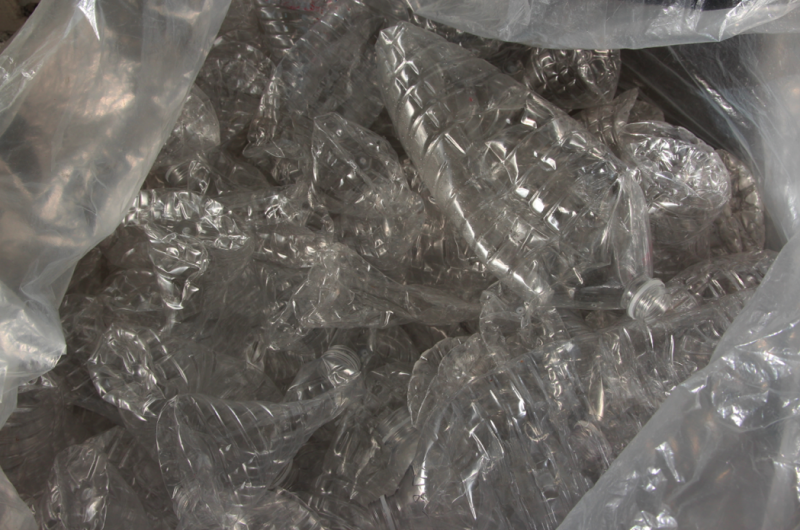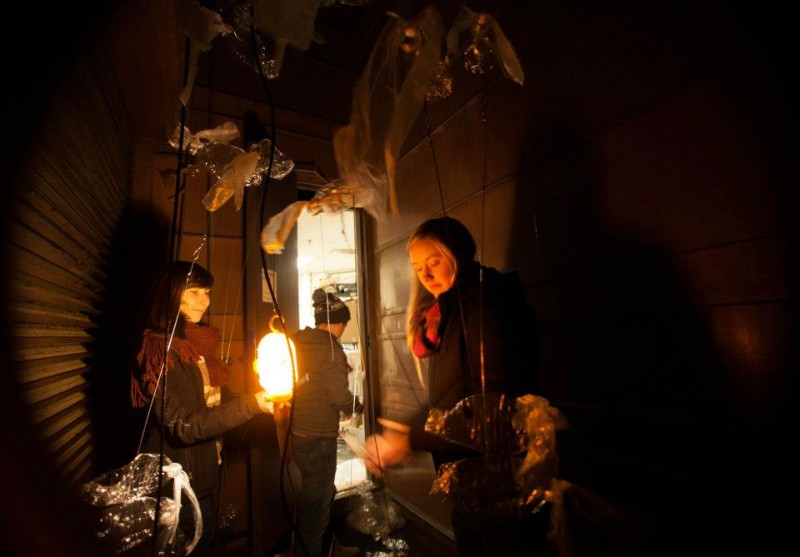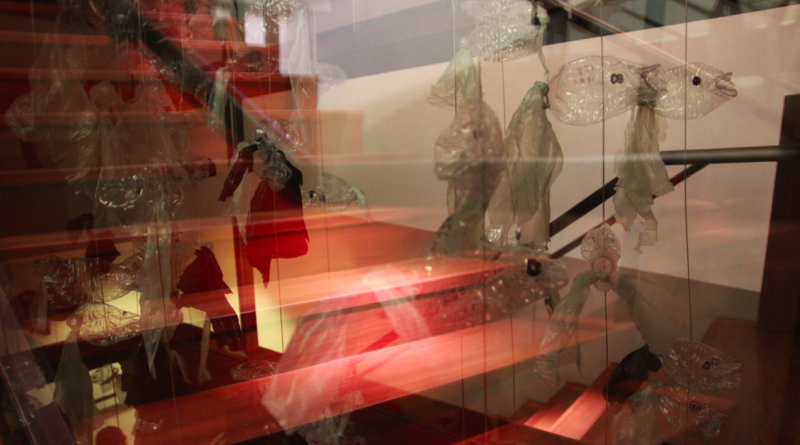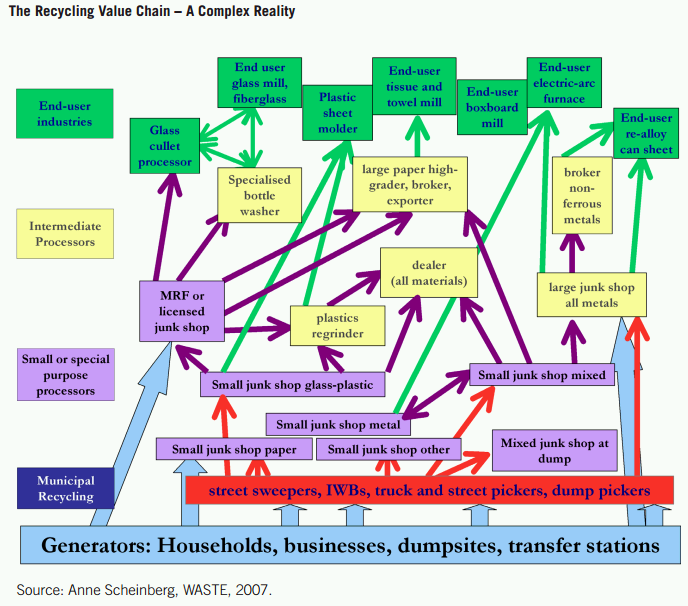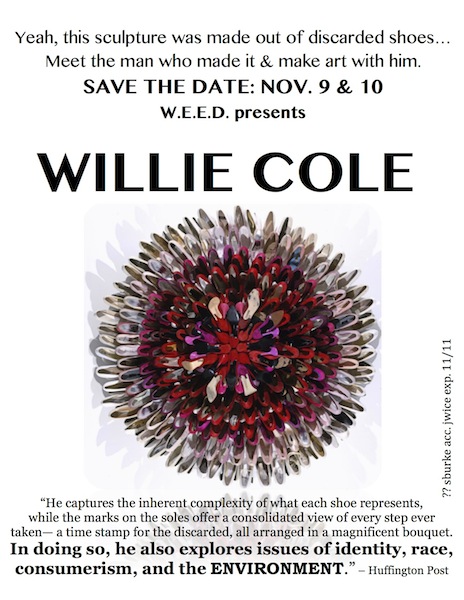
The Project
It will gather together a diverse array of students, faculty, and staff to work together on a project melding ideas of art, sustainability, waste, impacts, interventions, community, reflexivity, and value. Through multi-departmental collaboration and interaction we will create an on-campus installation with artist Willie Cole, after hearing from the artist about his work and process, with a focus on art from reclaimed materials, installations, and more.
Help contribute your time, energy, ideas, and hands to create together something that is meaningful materially and socially.
This is a unique opportunity to work with others on campus along with renown contemporary artist Willie Cole. Willie Cole has displayed his work around the nation and internationally, in venues ranging from the Met and the MoMA, to universities, bus stops, and lawns.
Where?
At the Wellesley College. Wellesley, MA. Check location on gmaps.
The Events & Involvement:
November 1st
Recycling Safari [1pm, meet @ Pendleton Atrium] – Join us for a fun exploration of campus buildings to rapidly scavenge and gather materials for the installation.
November 4th
Recycling Safari [8pm, meet @ Pendleton Atrium] – Join us for a fun exploration of campus buildings to rapidly scavenge and gather materials for the installation.
November 5th
(Mini)Installation [8pm, meet @ Pendleton Atrium] – join us to create a mini-installation with bottles in the Pendleton Foyer.
November 9th
Talk [12:30pm, PNW 212] – Hear artist Willie Cole speak about his work, the process of making art out of reclaimed materials, and more. Lunch provided.
[1:30pm] Targeted in-class drop ins with Willie Cole
Workshop & Installation [3pm, Campus Center 413] – Come help make an on-campus installation from plastic drink bottles with Willie Cole. Bring bottles! Light dinner provided.
November 10th
Workshop & Installation [11:30am, Campus Center 413] . Come finish and install the plastic drink bottle piece with Willie Cole. Bring bottles! Lunch provided.
Come to whatever you can!
Spread the word!
Please send around spam, talk about this with your friends, knock on doors and let others know, tape a message on a bottle and pin it to a bulletin board or give it to someone, collect/save your bottles, put a box on your floor telling others to deposit their bottles for the art installation, make a sign for your hallway, make a mini installation, pull bottles out of recycling cans, write a letter to the editor, post on community, give a brief mention at the end or beginning of classes, and much more.
Have bottles?
Please save them! Email me (eblaine), bring them to the Sustainability Cooperative, or hold onto them until the Recycling Safari (Nov. 1st) or the workshops themselves.
Support
Thanks to the Environmental Studies Program, WEED, Art Department, Applied Arts and the Studio Art Program, Davis Museum Student Advisory Committee, Office of Religious and Spiritual Life, Regeneration, Amnesty International and more!
Know others that would like to be involved? Have questions?
Please email me at eblaine [at] wellesley.edu
